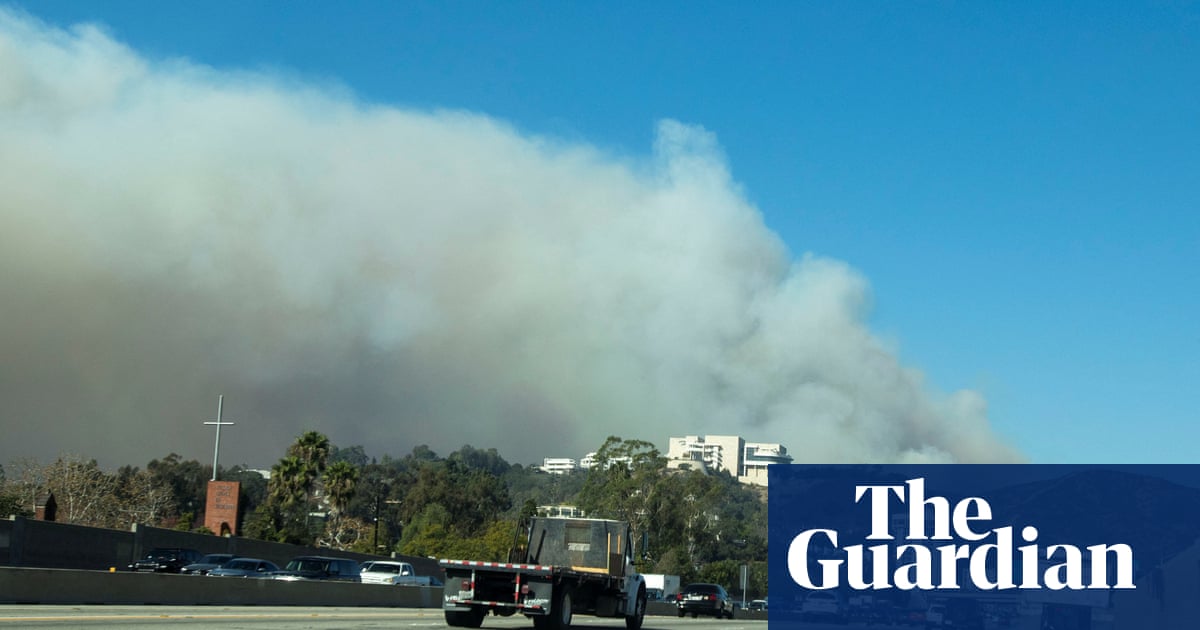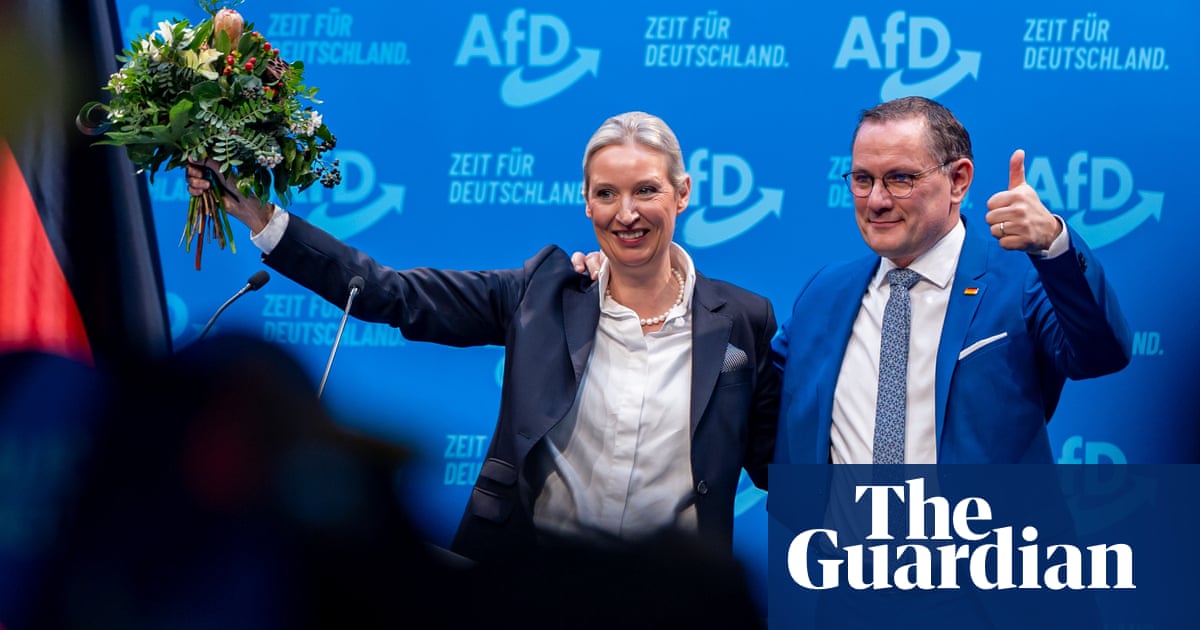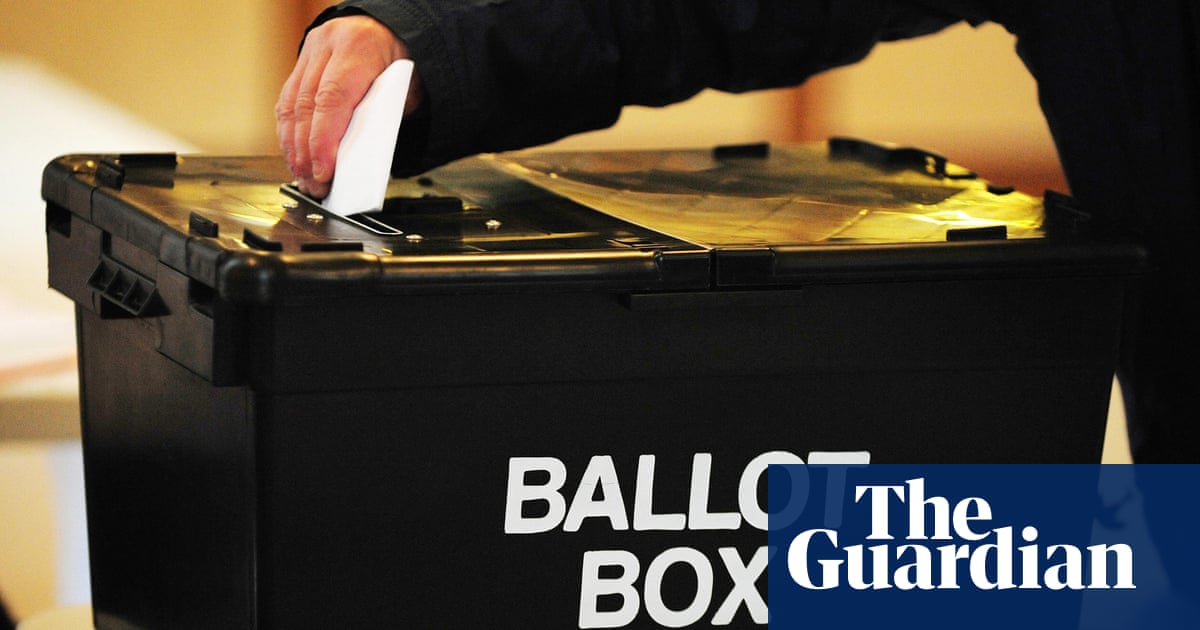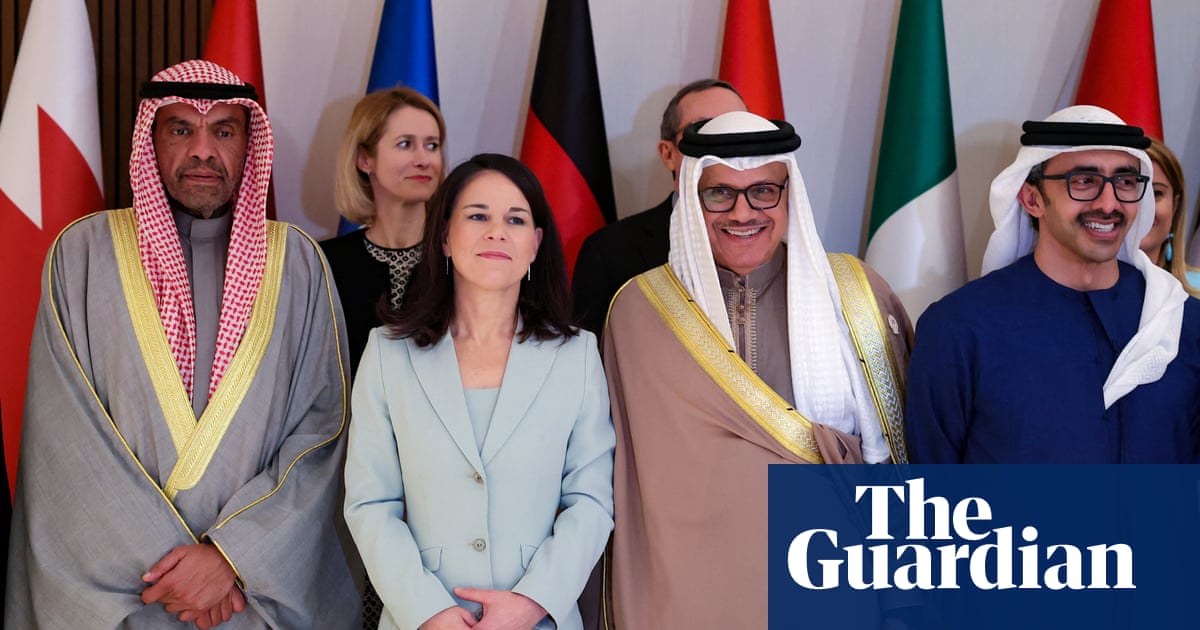The EU executive has struck a deeply controversial trade deal with four South American countries, overriding objections from France and triggering an immediate call for protest from European farmers.
Ursula von der Leyen, the European commission president, flew to Montevideo to sign what she called a “historic agreement” with the four founding members of Mercosur: Argentina, Brazil, Paraguay and Uruguay.
The two trade blocs have held on-off negotiations for 25 years, but talks intensified in the past nine months as Donald Trump’s campaign for the White House on a protectionist platform gained momentum.
Von der Leyen said the agreement was “not just an economic opportunity” but a “political necessity” between like-minded, democratic countries.
“We both believe that openness and cooperation are the true engines of progress and prosperity. I know that strong winds are blowing in the opposite direction towards isolation and fragmentation but this agreement is our clear response.”
She approved the deal despite being told it was “unacceptable” by the French president, Emmanuel Macron, who is embroiled in a domestic political crisis.
If ratified, the deal will cut South American tariffs on European cars, clothes, food, fine wines and medicines. In exchange, the EU will open its markets, but has imposed limits on the amount of beef, pork, ethanol, honey and sugar that can be imported.
The agreement still has to be approved by EU member states and the European parliament, although the precise mechanisms have yet to be determined. It is widely expected that commission lawyers will opt for the easier method of ratification that does not give a veto to member states.
Even so, ratification is not a certainty. France’s minister for trade, Sophie Primas, told AFP the latest deal was “not the end of the story”, saying “this only commits the commission, not the [EU] member states”.
Poland has joined France in opposing the deal, while officials in the office of the Italian prime minister, Giorgia Meloni, said prior to Friday’s announcement that conditions to approve the agreement had not been met.
On Friday, one of Meloni’s allies in the European parliament, Carlo Fidanza, said there was no reason to give the green light, as compensation for European producers who could lose out remained “too meagre”, among other concerns.
The agreement is strongly supported by Germany and Spain, who see export opportunities and stronger diplomatic links.
The German chancellor, Olaf Scholz, tweeted that an important obstacle had been overcome: “This will create a free market for more than 700 million people along with more growth and competitiveness.”
Spain’s prime minister, Pedro Sánchez, said the agreement would “establish an unprecedented economic bridge between Europe and Latin America”.
The agreement marks a personal victory for Brazil’s president, Luiz Inácio Lula da Silva, who had pushed hard for the deal.
But it was greeted with lukewarm enthusiasm by Argentina’s hard-right libertarian president, Javier Milei, who has pushed for Mercosur’s rules to be loosened to allow member states to negotiate bilateral deals with other countries outside the bloc.
On Friday, Milei said the bloc had “ended up becoming a prison” for member states, later saying that it “brings us more problems than solutions”.
An earlier EU-Mercosur deal collapsed in 2019 when several European countries refused to sign because of fires raging in the Amazon rainforest as a result of aggressive land clearance policies under Brazil’s then far-right president, Jair Bolsonaro.
EU officials said they had made significant improvements to the 2019 text: the agreement can now be suspended if countries fail to abide by their promises under the Paris climate treaty. The trade deal “respects Mercosur’s extraordinary and fragile natural heritage”, von der Leyen said.
Green campaigners and politicians argue that climate protections are inadequate. The European Trade Justice Coalition has claimed the deal will drive deforestation and promotes “destructive agricultural models that displace small farmers and Indigenous communities”.
Laura Restrepo Alameda from Climate Action Network Latin America said the deal would push South America “further into ecological collapse” and propped up a “destructive neocolonial economic system” driving inequalities.
“The deal will severely affect the collective rights of Indigenous communities who already bear a disproportionate burden of the climate crisis and outrageously were never consulted about the deal,” she said.
Copa Cogeca, the European farming lobby group, announced it planned “flash” protests on Monday, arguing that farmers risked loss of income “due to the influx of low-cost products” from Mercosur countries. A representative said the agricultural sector had been used “as a bargaining chip to benefit other industries”.
EU officials have countered that the deal includes safeguards for sensitive products. The EU will allow imports of 99,000 tonnes of Mercosur beef at new lower duties of 7.5%, phased in over five years, equivalent to 1.6% of the bloc’s annual consumption. The EU already imports nearly 200,000 tonnes of beef from the four South American countries.
The commission, which has the power to negotiate trade deals on behalf of the EU, has been in despair that the Mercosur agreement could fail. Officials fear that the EU would lose influence and credibility in South America, as China rapidly increases its investments on the continent.

.png) 1 month ago
12
1 month ago
12













































